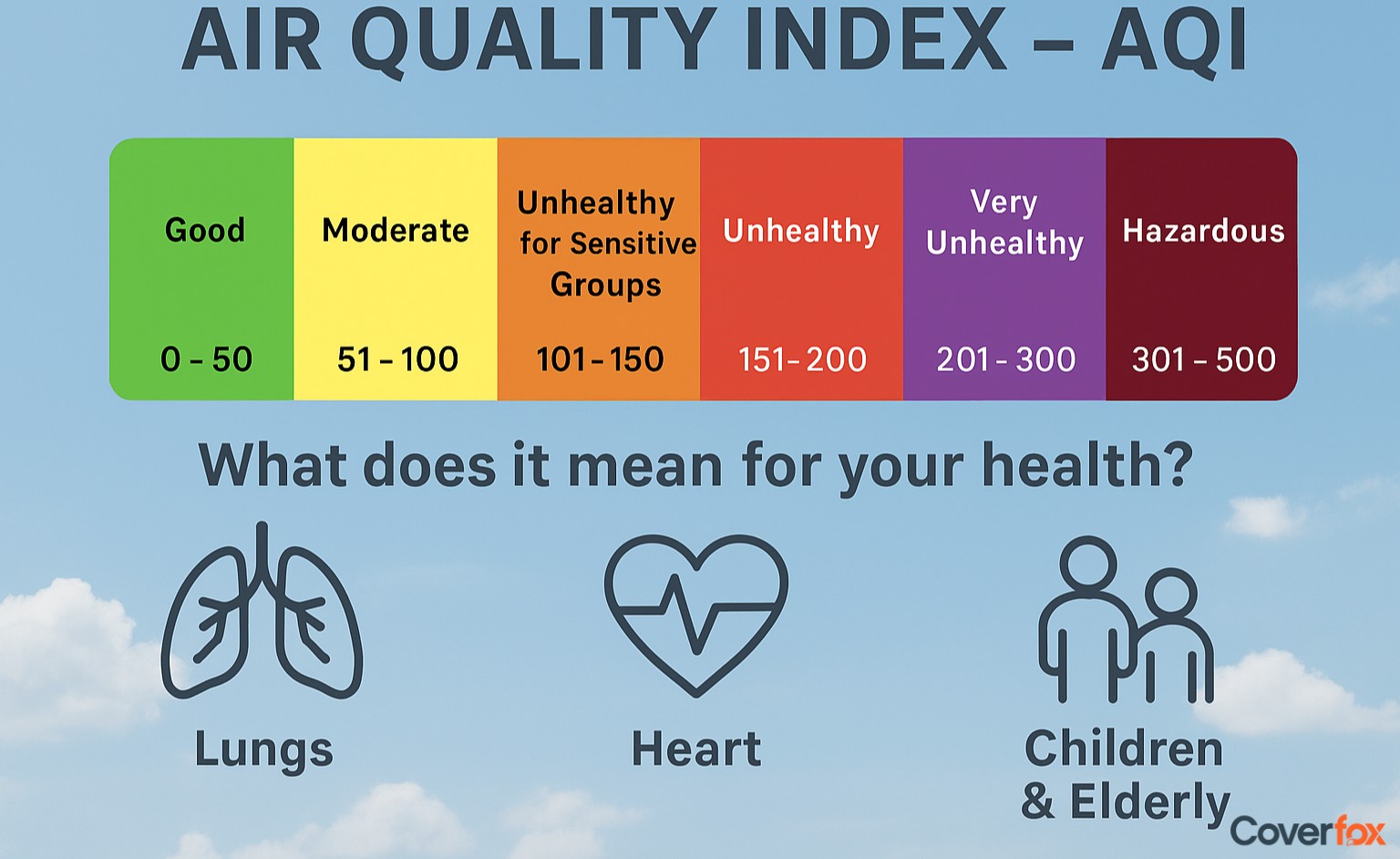Health insurance during the rainy season is not just a safety net. It's a protective umbrella that shields you from the financial downpour of unexpected medical expenses. In this article, we delve into the key features and advantages of monsoon medical insurance coverage. We also discuss what is generally included and excluded in health insurance policies.

Why is Health Insurance Important During Monsoon
The monsoon season is often associated with an increase in certain diseases. These include vector-borne diseases like dengue and malaria, as well as waterborne diseases like cholera and typhoid. Having health insurance during this time is crucial. It provides financial protection against the high costs of treating these diseases. Moreover, health insurance ensures access to quality healthcare. This is particularly important during the rainy season when the risk of falling ill is higher.
Health insurance can also support preventive measures. Many insurance plans cover vaccinations and regular check-ups, helping you stay healthy during the monsoon. In essence, health insurance during the monsoon season is not just about dealing with illness. It's about being proactive and taking steps to prevent illness in the first place.
Important Aspects and Advantages of Monsoon Health Insurance Protection
Monsoon medical insurance coverage comes with several key features. One of the most important is cashless hospitalization. This means that the insurance company directly settles the bill with the hospital, reducing your out-of-pocket expenses. Another key feature is the coverage of diagnostic tests. Many monsoon diseases require laboratory tests for accurate diagnosis. Having these tests covered by your insurance can significantly reduce your healthcare costs.
Here are some of the key benefits of monsoon medical insurance coverage:
- Financial protection against high medical costs
- Access to quality healthcare services
- Coverage of diagnostic tests and treatments
- Cashless hospitalization
- Support for preventive measures
Having a comprehensive health insurance plan during the monsoon season can provide significant benefits. It not only covers the cost of treatment but also supports preventive measures, helping you stay healthy during this risky period.
General Inclusions of Health Insurance
A broad range of medical costs are usually covered by health insurance policies. This includes inpatient treatment, which refers to the medical care you receive when admitted to a hospital. It covers the cost of your stay, including room charges, doctor's fees, and medication costs. Outpatient care is also generally included. This refers to medical treatment that does not require hospitalization. It can include consultations, minor surgical procedures, and diagnostic tests. Most health insurance policies also cover the cost of laboratory tests. These tests are crucial in diagnosing and monitoring the progress of diseases, especially those common in the monsoon season.
Here are general inclusions of health insurance:
- Inpatient treatment
- Outpatient care
- Laboratory tests
Understanding the inclusions of your health insurance policy is crucial. It helps you make informed decisions about your healthcare and ensures you get the most out of your coverage.
List of Monsoon Diseases and the Need for Coverage
The rainy season, while refreshing, brings with it a host of diseases. These are primarily waterborne or vector-borne diseases. They can lead to serious health complications if not treated promptly.
Here are some most common monsoon diseases:
- Dengue
- Malaria
- Cholera
- Typhoid
- Viral fever
Having health insurance coverage for these diseases is crucial. It ensures that you can get the necessary medical attention without worrying about the cost. This is especially important for diseases like dengue and malaria, which can require hospitalization.
Conclusion
Health insurance during the rainy season acts as a protective umbrella. It shields you from the financial burden of unexpected medical expenses. In conclusion, securing a comprehensive health insurance plan before the onset of monsoon is a wise and proactive health decision. It ensures peace of mind during this potentially challenging period.





